As a small boy, which I accept is a long time ago now, whenever we went visiting someone, my mother always reminded me: “Do not take a chocolate biscuit before all the adults have had one!”
I did feel a sense of injustice at the time, but it was a lesson in good manners.
I often wonder how relevant good manners are in today’s world. Following Covid lockdowns, I had hoped we might see a more caring society but, regrettably, we haven’t.
Young people – and, ultimately, it is predominately younger folk – barging through doors without any consideration of the people coming behind them is a sad sign of poor parenting, where manners have been missed out or forgotten.
Similarly, I have seen some older people who feel they shouldn’t have to queue for buses or anything else pushing themselves forward to get where they want to be, as if their age or status gives them a divine right. Perhaps it’s a sign of where our society has gone.
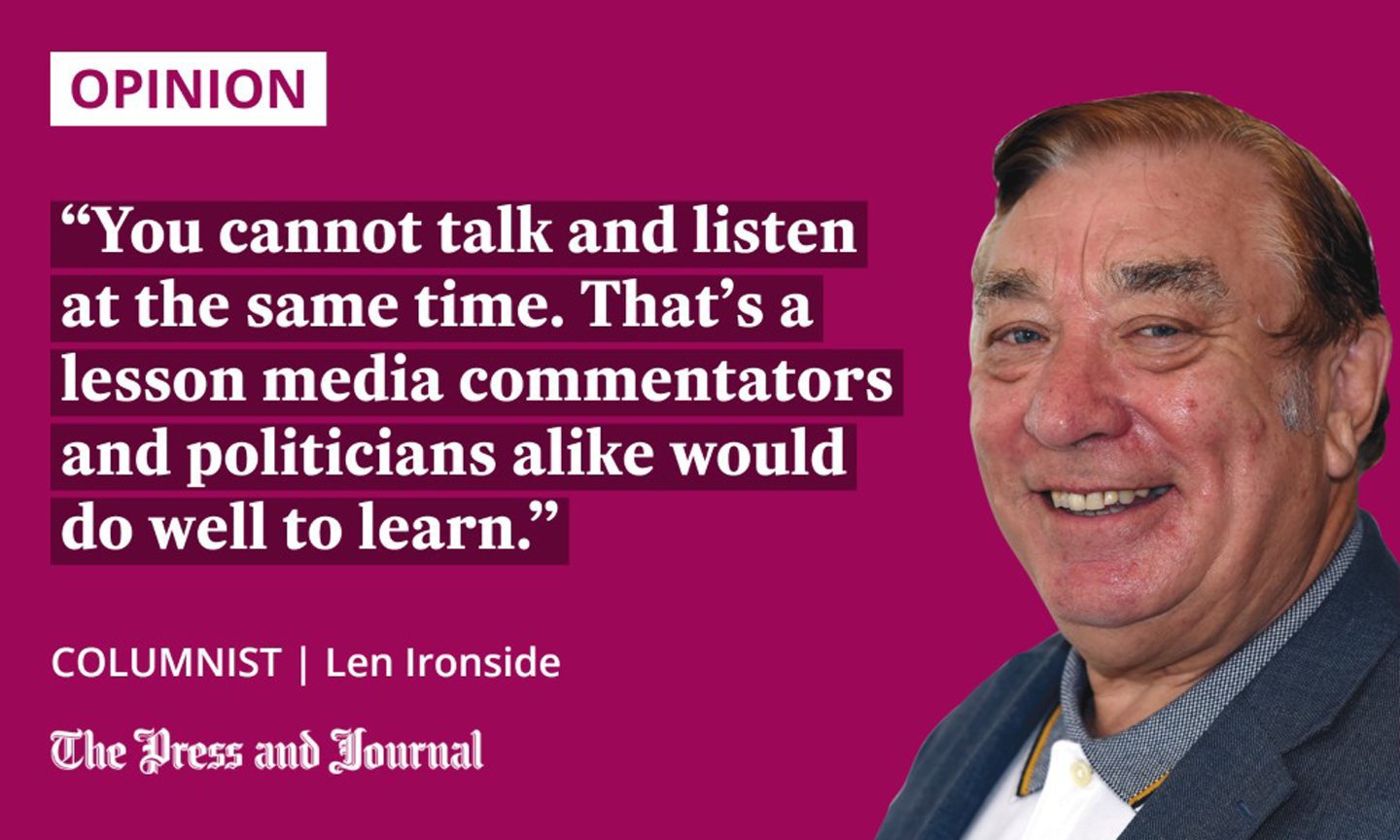
I’ve often criticised our politicians for not being proactive and failing to answer questions honestly. The result of this has led to many broadcasters constantly interrupting and talking over the person they are interviewing – so we don’t hear anything.
We get no answers to the questions posed. Then, exasperatingly, the interviewer will say: “Ah – we have run out of time.”
I totally understand the frustrations of not getting a straight answer, but I was always told it was rude to talk over someone. It’s also a sign that the person speaking is not listening. You cannot talk and listen at the same time. That’s a lesson media commentators and politicians alike would do well to learn.
Is ‘excuse me’ still in use?
Have you ever been in a supermarket, browsing the shelves, when someone reaches in, stretching right across you, to get something they want? They don’t seem to understand the words: “Excuse me.”
And that little phrase is also polite when you walk in front of someone who is browsing a shelf of books or DVDs. So many people walk right in front of you when they can clearly see you are looking at something.
But we don’t often hear “excuse me” today. People will often push past others rather than ask to be excused. Worse, sometimes they hover beside you, expecting you to know what they want.
Mobile phones are a way of life now; almost everyone has one. It’s great that people can put in their earbuds and play their kind of music, or read a book to shorten their journey on public transport.
But, I do feel angry when people get on the bus, already engrossed in a call and, rather than hang up and call back, they treat the bus driver as a nuisance and try to deal with both caller and driver at the same time.
Once on the bus, they seem happy to share their one-sided conversation with other passengers, whether or not we want to hear it. Those same people parade up and down Union Street, eyes fixed firmly on their phones, oblivious to the people around them who have to negotiate a safe route past them.
I remember a senior member of staff at a former workplace taking a phone call during my annual review. I pulled him up for it, as it was my time which we had agreed upon and a matter important to me. Therefore, my interview had priority over the caller.
To my surprise, he accepted that without question. How many people would apply that rule today?
Good manners set a standard
A very old public health information film once told us: “Coughs and sneezes spread diseases. Trap your germs in a handkerchief!” Well, that’s a bit out of date now – but it’s quite disgusting the number of people who cough and sneeze in public without any attempt to cover their mouths.
You would have thought they might have learned the dangerous lessons of Covid. Apparently not everyone has.
It seems we have spawned a generation of sensitive people who are quick to take offence, but have no qualms about being offensive towards others. People who expect everyone to abide by society’s rules, yet are happy to break those rules when it suits them.
Nowhere is that more obvious than in people who drive. Their attitude to others is very different than when they find themselves as pedestrians.
Good manners give us a standard by which to live our lives. It helps us interact with others in a positive light. It determines how we relate and how we are seen by others.
Manners are really about considering other people. So, are they relevant in this day and age? What do you think?
Len Ironside CBE is a former champion wrestler who served as an Aberdeen councillor for 35 years, with four years as council leader
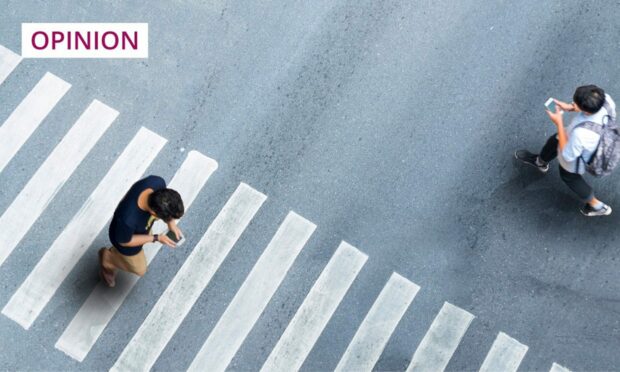
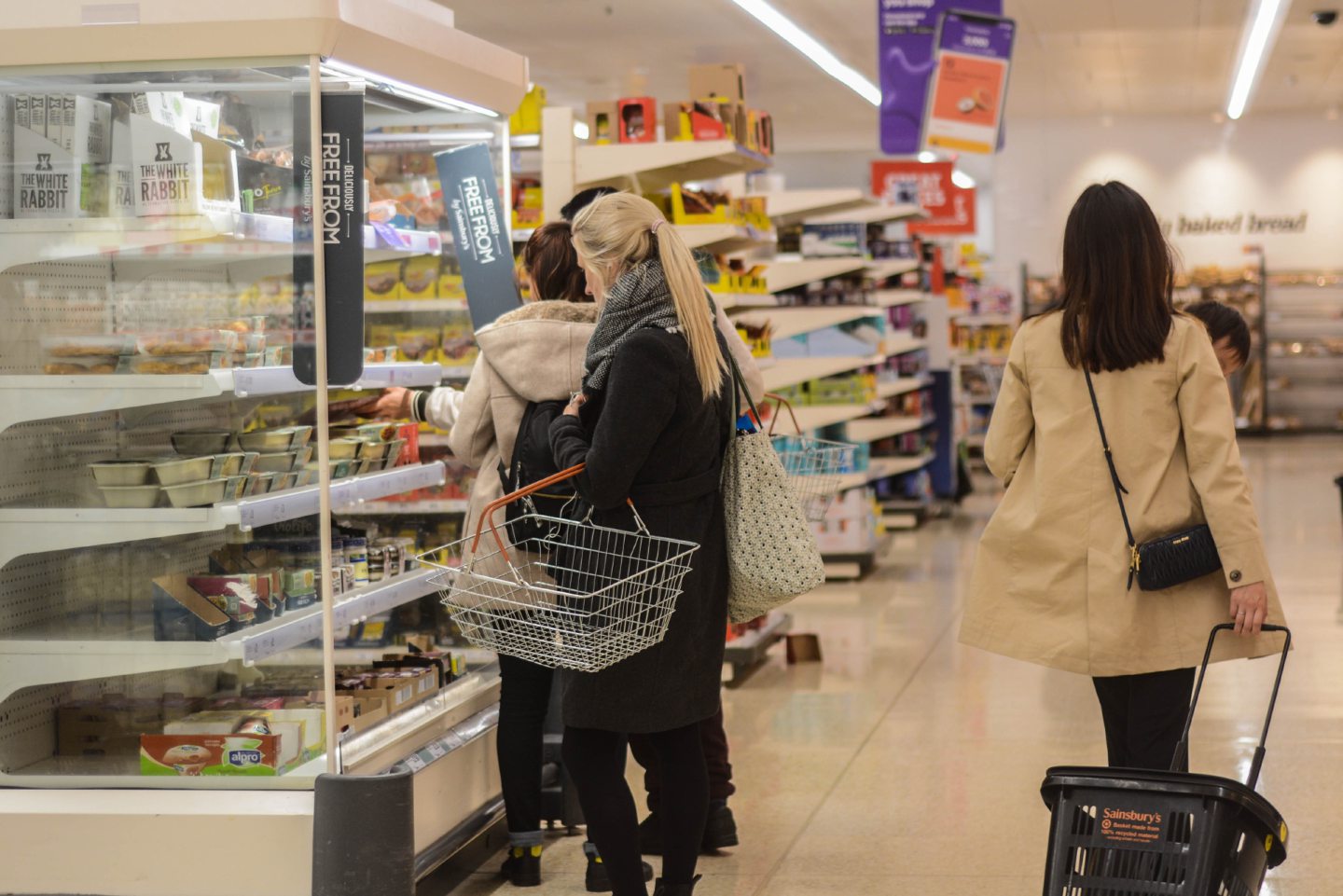




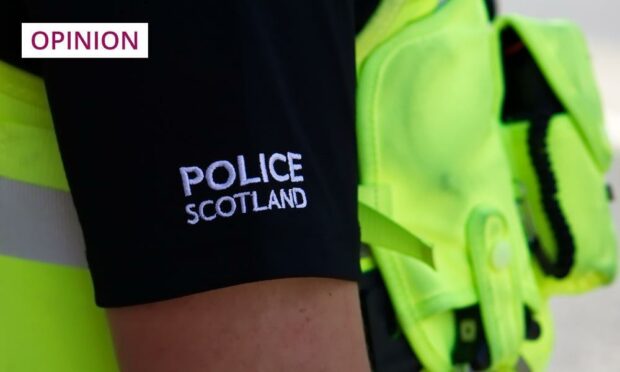
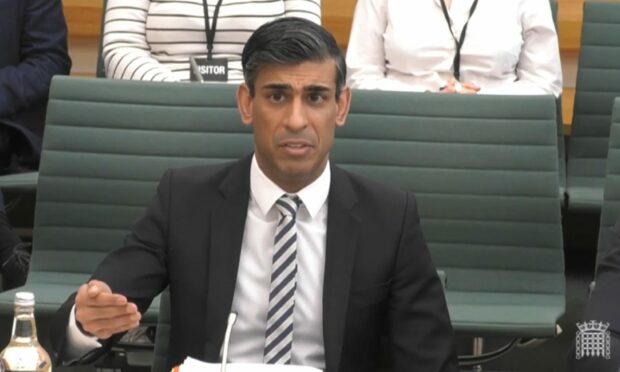

Conversation